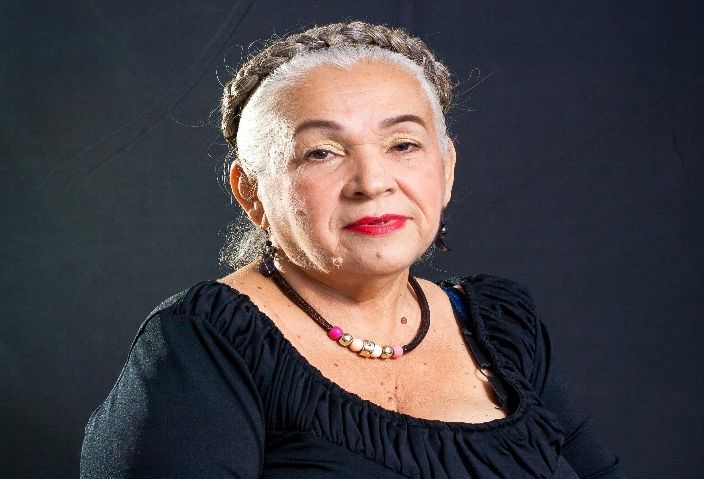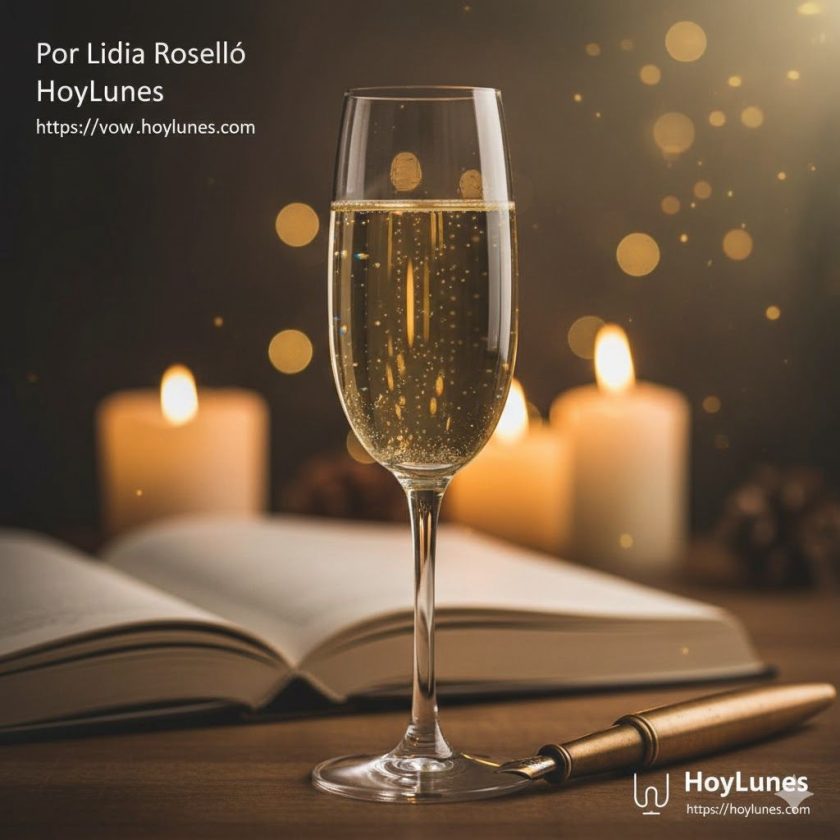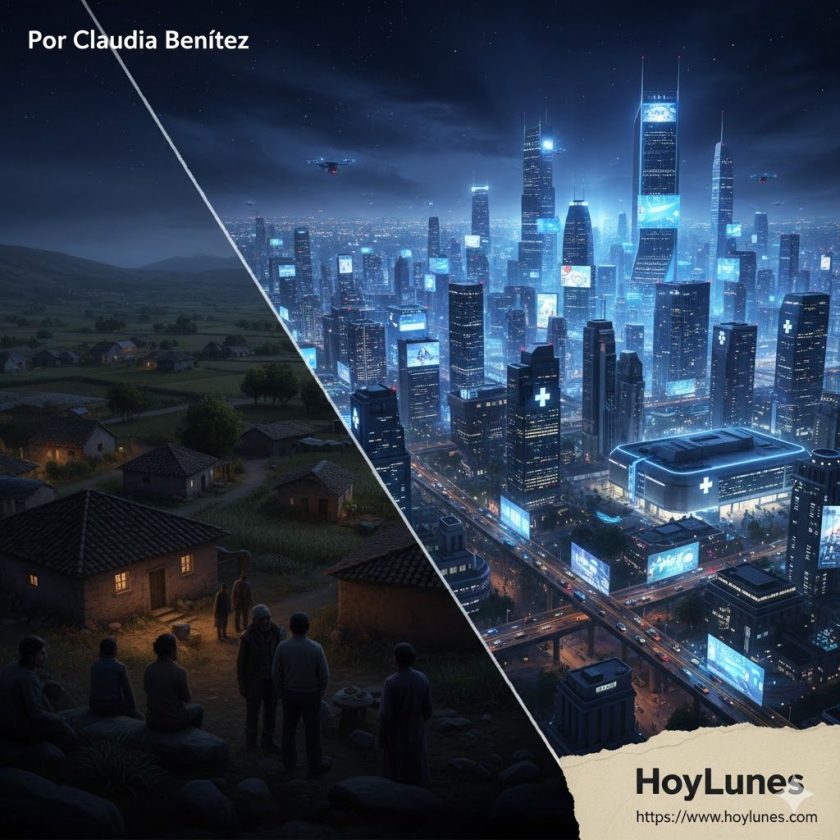The voice of those who have lived the longest is not a fading echo, but a compass that can still guide us.
By Omaira Vivas
HoyLunes – The mirror in which the elderly population looks reflects a time that goes beyond the fallen pages of a calendar that moves forward without looking back, in a modern society that glorifies novelty and dismisses what grows old. It is because the echo of wisdom is perceived as silenced, cast into the corners where the lives of the aging encounter the shadow of a ghost called time, filled with memory and whispers no one wants to hear.
To delve into the subject of ageism and longevity is also to navigate the heart of a collective drama: that of older adults. Those who, having walked life’s path with courage, without letting their potential and experiences sink into shipwreck, suddenly find themselves invisible in a world they helped to build.

Without intending to victimize the reality of exclusion faced by those who reach old age, there arises the need to call for reflection, as a plea for youth to recognize the wisdom of the elderly as a legacy.
In “phenomenological and sociological” terms, the elderly live a reality that often becomes invisible. From a phenomenological perspective, the experience of aging is unique to each individual, yet it is sometimes reduced to a stereotype. Society tends to perceive them as a burden, or at best, as passive, unproductive figures without a future.

The loss of social roles, retirement, and isolation are phenomena that profoundly mark this stage of life. Sociologically, this invisibility translates into marginalization. The digital divide, lack of access to adequate healthcare, and economic precariousness reveal a society that has not learned to integrate its elders. Youth, often absorbed in its own path, may show attitudes of indifference, disdain, or even impatience, without recognizing that the time that now defines them is a treasure they have yet to earn.
Another factor that compounds these life experiences is the psychological and emotional, both of which trigger psychopathologies that worsen states of being and produce negative echoes. It must be understood that aging is not only a physical process; it is a journey of the soul. Psychologically, older adults face the task of accepting changes in their bodies and minds.
Emotionally, this stage is a crucible of feelings. Loneliness, the sense of not being valued, and nostalgia for an active past blend with accumulated wisdom. It is here where the attitudes of the younger population carry monumental weight. When young people adopt a stance of disinterest, they deny a fundamental intergenerational dialogue. Impatience, mockery, or simply silence in the face of an elder’s experience are acts of emotional dispossession, depriving them of the dignity and respect they so deeply deserve.

The epistemic and spiritual treasure is seen along the path traveled by the elderly, a path paved with wisdom. From an epistemic standpoint, they are the living libraries of humanity. Their knowledge does not come only from books or technology, but from experience. They have navigated crises, celebrated triumphs, and learned lessons no artificial intelligence could ever replicate. Every wrinkle on their face is a page of a life-book, a testimony of having journeyed through the ways of wisdom. By ignoring them, youth loses an invaluable bridge to history and to the essence of who we are.
And beyond knowledge, there exists spiritual wealth. In their introspection, the elderly have had the opportunity to confront life and death, joy and pain. Their connection with transcendence is often deeper.
They have cultivated a patience and a faith that can only be acquired with the passing of time. Their spirit teaches us about resilience, about forgiveness, and about unconditional love—values our society often forgets in its relentless race forward.
A call to reflection requires an outlook and praxis rooted in coexistence, where the treatment of older adults should not be offered from pity, but from our own humanity. For in honoring them, we honor ourselves. In listening to them, we listen to ourselves.

Closing ourselves off to the knowledge offered by the elderly along their journey also means denying the existence within them of a hidden treasure. The wisdom accumulated through decades of life, of successes and mistakes, of joy and pain, is left without a recipient. It is as if a vast library were to close forever, its books covered in dust, its lessons inaudible.
A reflection of the crisis this article seeks to unveil lies in the fact that the place the elderly should occupy seems absent within family, society, the nation, and the world. The path of the elder, instead of being a point of reference, becomes a non-place. The elderly turn into ghosts in their own land— invisible beings whose presence is tolerated, but not valued.
#hoylunes, #omaira_vivas,



